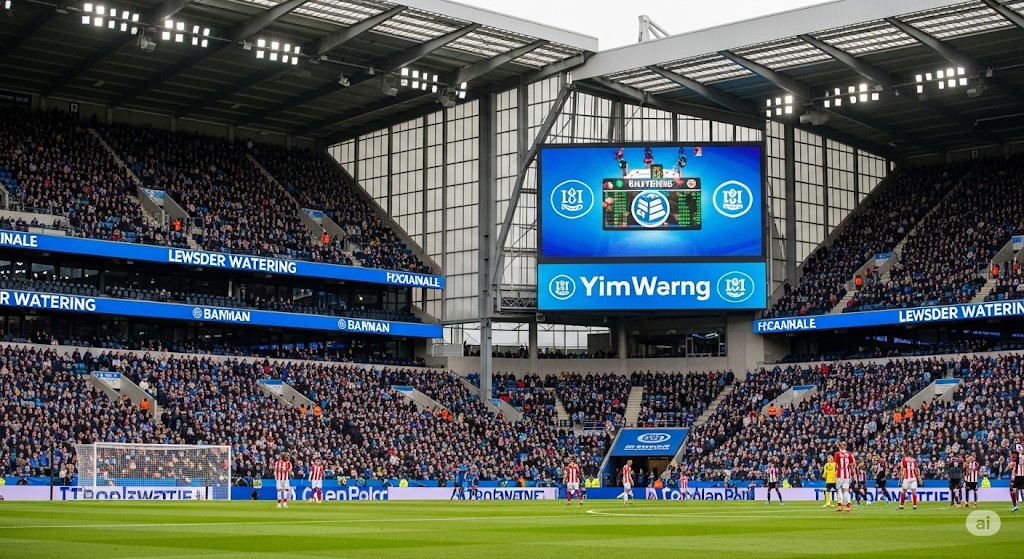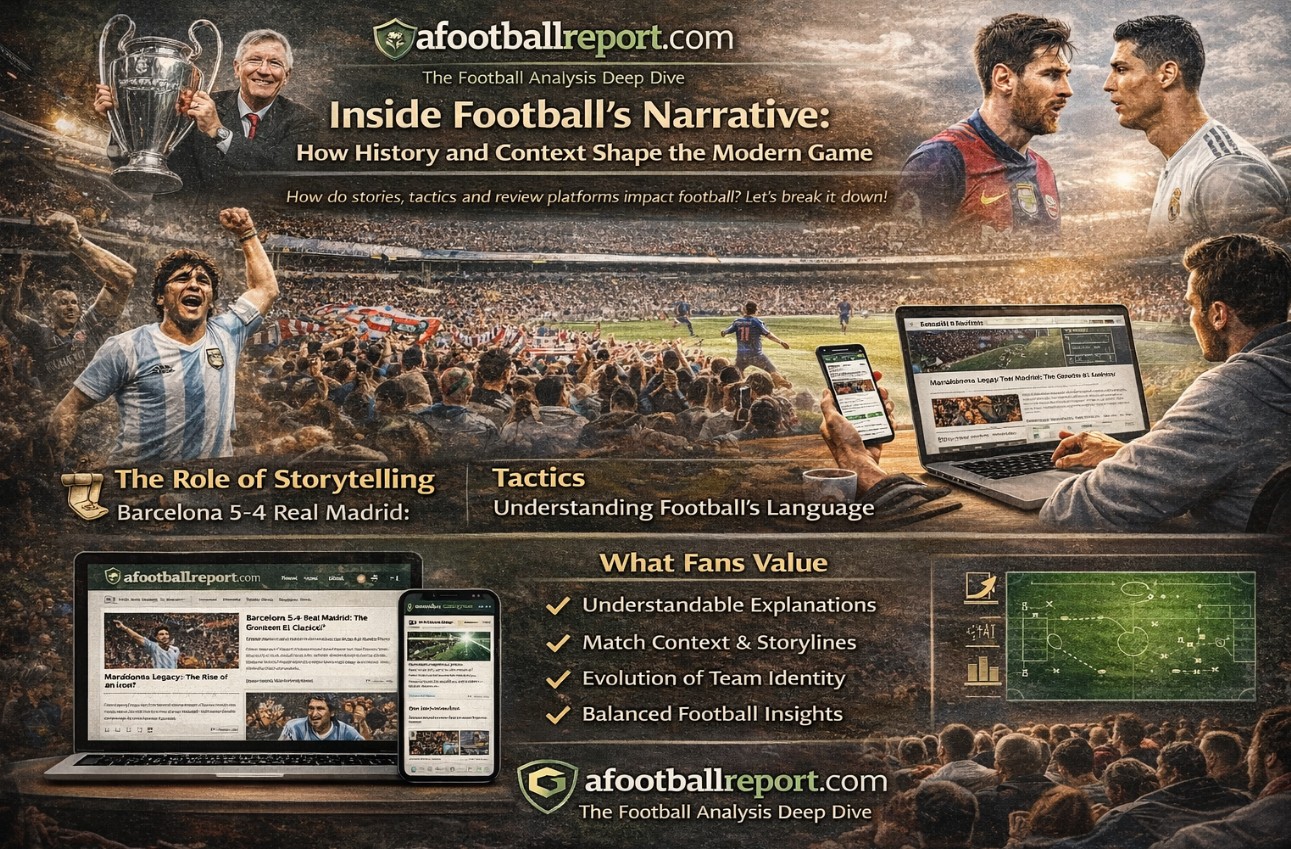How betting platforms like Pin Up fit into modern football culture
Modern football is more than just the beautiful ga

Modern football is more than just the beautiful game played on the pitch. It's a sprawling ecosystem encompassing media, entertainment, finance, and increasingly, platforms for wagering. Their integration is a complex phenomenon, offering both excitement and potential pitfalls for the global football community.
The relationship between football and wagering is not new, but the digital age and the rise of sophisticated online platforms have amplified it exponentially. Platforms like pin up, with their user-friendly interfaces, diverse markets, and aggressive marketing strategies, have tapped into the passion of football fans, offering another layer of engagement with the sport they love. This integration is evident across various facets of modern football culture, from sponsorship deals and advertising to fan interactions and media coverage.
Ubiquitous Sponsorships and Advertising
Jersey Sponsorships and Stadium Branding
It's now commonplace to see the logos of wagering companies emblazoned across the front of football club jerseys, from major European leagues to competitions in Latin America and Africa. These lucrative deals provide significant revenue streams for clubs, enabling them to invest in players, infrastructure, and other areas. These platforms often target clubs with large fan bases or those in rapidly growing markets, securing prominent brand visibility during matches that are watched by millions globally. Similarly, stadium hoardings and advertising boards are frequently populated by platform advertisements, ensuring constant brand exposure to fans attending games and those watching on television. This saturation has normalized the presence of wagering within the visual landscape of football.
Broadcast Advertising and Digital Marketing
During match broadcasts, commercials for these platforms are a regular feature, often featuring slick production values and endorsements from former players or celebrities. These advertisements leverage the excitement of the game to entice viewers to place wagers. Furthermore, online platforms utilize sophisticated digital marketing strategies, including social media campaigns, targeted online advertising, and content partnerships with football influencers and media outlets. This multi-pronged approach ensures that their brand messaging reaches football fans across various touchpoints, seamlessly integrating wagering into the online consumption of football content.
Enhancing Fan Engagement and Excitement
Diverse Markets
Modern platforms provide a staggering array of markets, covering almost every conceivable aspect of a football match. Fans can wager on the number of goals scored, the first goalscorer, corner kicks, yellow cards, possession percentages, and much more. This granularity allows for a more nuanced and engaging experience, catering to different levels of football knowledge and risk appetite. For instance, a fan who closely follows a particular team's attacking patterns might wager on a specific player to score first, adding a personal stake to individual player performances within the broader team context.
Live Wagering and Interactive Experiences
The advent of live wagering has further revolutionized fan engagement. These platforms offer dynamic odds that change in real-time as the match unfolds, allowing fans to place wagers on events happening at that very moment. This creates a highly interactive and adrenaline-fueled experience, as fans react to the ebb and flow of the game and try to capitalize on perceived advantages. Features like live streaming within the platform and in-game statistics further enhance this immersive experience, making fans feel more connected to the action and their wagers.
Influencing Media Coverage and Fan Discussions
Odds as a Narrative Tool
Wagering odds are increasingly used by sports commentators and analysts as a way to frame pre-match expectations and assess the likelihood of different outcomes. Phrases like "the bookmakers have them as favorites" are common, and odds are often referenced to add context to team form and potential upsets. This integration subtly normalizes wagering as a legitimate lens through which to view football, shaping fan perceptions and pre-game discussions.
Wagering Tips and Analysis Content
A significant amount of football-related content online and in print is now geared towards providing wagering tips and analysis. These platforms often contribute to this ecosystem by providing their own insights and statistics. This content, while intended to help those placing wagers make informed decisions, further entrenches wagering within the consumption of football media. Fans actively seek out such information, and discussions around potential wagers and odds have become a regular part of pre- and post-match conversations on social media and fan forums.
Potential Pitfalls and Ethical Considerations
Risk of Addiction and Financial Harm
The ease of access to online platforms, coupled with aggressive marketing, can exacerbate the risk of addiction to wagering and associated financial harm, particularly among vulnerable individuals. The constant availability of opportunities and the normalization of wagering within football culture can blur the lines between casual entertainment and problematic behavior.
Integrity of the Game
The close relationship between football and wagering also raises concerns about the integrity of the game. While stringent regulations and monitoring exist to combat match-fixing, the financial incentives associated with wagering create a potential vulnerability. Even unfounded suspicions of foul play can erode fan trust and damage the sport's reputation. These platforms have a responsibility to actively support anti-corruption efforts and promote fair play.
Targeting Younger Audiences
The heavy advertising and sponsorship by these platforms mean that young football fans are constantly exposed to messages about wagering. This raises concerns about the potential for early exposure to wagering and the normalization of it as an integral part of football fandom from a young age. Regulations around advertising to minors are crucial to mitigate this risk.
The Regulatory Landscape and Future Trends
Varying Legal Frameworks
Laws regarding online wagering and sports vary significantly worldwide. Some countries have fully legalized and regulated it, while others have strict prohibitions. This patchwork of regulations creates complexities for platforms operating globally and for football organizations entering into sponsorship deals. The regulatory landscape is constantly evolving, with ongoing debates about advertising restrictions, consumer protection measures, and taxation.
The Push for Responsible Wagering
There is a growing emphasis on promoting responsible wagering practices within the football and related industries. These platforms are increasingly expected to implement tools and features that allow users to set deposit limits, self-exclude, and access information about problem wagering. Football organizations are also becoming more aware of their social responsibility in this area and are engaging in initiatives to educate fans about the risks associated with wagering.
The Future of Fan Engagement
The integration of wagering into football culture is likely to continue, with further innovations in how fans can interact with the sport through online platforms. We may see more personalized experiences, gamified features, and deeper integration with social media and fan communities. However, this evolution must be balanced with a strong focus on ethical considerations and the protection of vulnerable individuals.
In conclusion, these platforms have become an undeniable part of modern football culture. They provide significant financial support to the sport, enhance fan engagement through diverse markets and interactive experiences, and have subtly influenced media coverage and fan discussions. However, this integration is not without its challenges, including the risks of addiction, concerns about game integrity, and the potential impact on younger audiences. Navigating this complex landscape requires a continued focus on responsible wagering, robust regulatory frameworks, and a commitment from all stakeholders to ensure that the beautiful game remains just that, without being overshadowed by the potential pitfalls of wagering.







